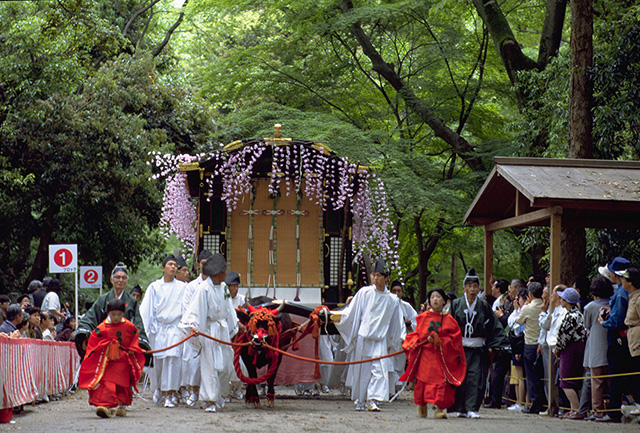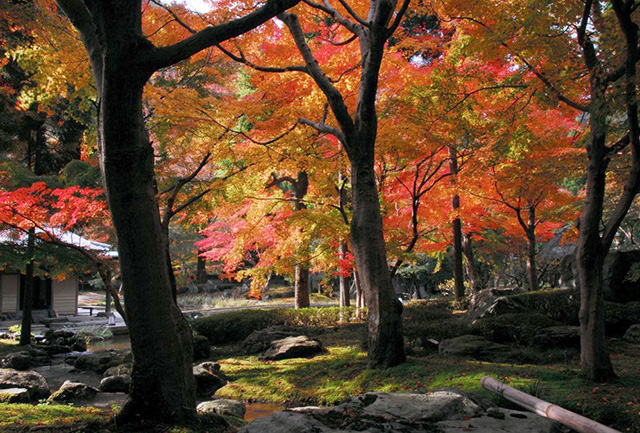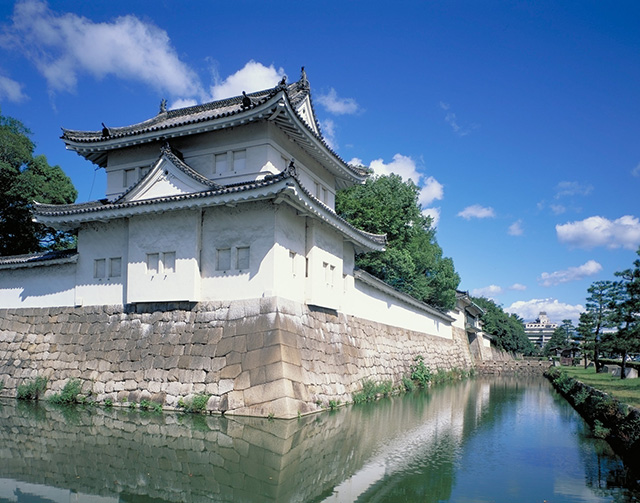Información de viaje



Basic Information
Time Zone
Japan Standard Time is 9 hours ahead of GMT. There is no daylight-saving time system in Japan.
Climate and Clothing
Summer in much of Japan is hot, with high humidity levels and daytime temperatures can often reach highs of 35℃ (95F). Summer outfit is comfortable in this weather. Indoor air-conditioning can make trains and shops feel cold in contrast to the outside heat. Dressing in layers is ideal. There is a big climate difference between north and south in Japan. If you go to other parts of Japan, you could check the climate as well.
Many restaurants and traditional Japanese religious sites such as Buddhist temples and Shinto shrines request you leave your shoes at the door. Carry and wear socks to avoid walking barefoot. You also may find yourself sitting on the floor, so dress comfortably for that.
Electricity
Voltage in Japan is 100V, and the frequency is either 50Hz or 60Hz depending on the area (Kyoto is 60Hz). The socket is type A, which has two flat plug holes. If you plan to bring any electric appliances that are not convertible, transformers and/or plug adaptors are necessary.
Water
Japan’s tap water is drinkable. You can safely drink water inside, outside, in parks and from taps in public stations. And you can buy bottled water anywhere.
Currency and Exchange
The currency of Japan is the yen (¥), and only the yen is accepted when paying in cash. Currency exchange is available at airports, hotels and designated foreign exchange banks. A passport may be required for currency exchange services.
A currency exchange machine, for bills only, is located in the Business Center at ICC Kyoto, ground floor (1F), for your convenience. Exchange is available from the following currencies into Japanese Yen: U.S. dollar, Pound sterling (Scottish pounds not accepted), Australian dollar, Hong Kong dollar, Singapore dollar, Euro, Chinese Yuan, New Taiwan dollar, Indonesian Rupiah, Malaysian Ringgit, Korean Won, Thai Baht.
ATMs
Many convenience stores have ATMs that accept credit, debit and ATM cards issued outside of Japan, including Visa, Plus, MasterCard, Maestro, Cirrus, American Express and JCB. Please note that most Japanese banks’ ATMs do not accept foreign cards. In addition, international ATMs can be found at international airports and in some major department stores.
Credit Cards and Travelers’ Checks
Major credit cards such as American Express, Visa and MasterCard are widely accepted at hotels, department stores, shops and restaurants. Personal checks are not accepted anywhere in Japan. Travelers’ checks are accepted only at leading bank and major hotels.
Tipping
There’s basically no tipping in Japan. Service charges are already included in the bill at hotels, restaurants, taxis, etc.
Tax
An 8% consumption tax is included in all purchases.
Internet Access
Free Wi-Fi spots can be found at many hotels, convenience stores and public areas like shopping malls and train stations. Coverage is sparse in the countryside and mountainous regions. In Kyoto, there are many wireless LAN spots of “KYOTO Wi-Fi” in which everyone can use the Internet free of charge in bus stops, subway stations, convenience stores, and public facilities.
Mobile Phones
Global roaming – You can use your mobile phone (smartphones only) in Japan in SoftBank Mobile or DOCOMO’s 3G (3rd Generation) or 4G/LTE service areas. Ensure global roaming has been activated with your service provider before you leave home and the phone is unlocked from the network.
Renting or purchasing a SIM card – SIM cards for smartphones allow travelers to use their own mobile phones in Japan, provided the phones are unlocked and work on a Japanese network. Most SIM cards available to foreign tourists are data-only and do not allow for voice calls (except when using internet-based telephone services such as Skype). Many companies have kiosks at the airports, while other companies will mail a phone to your hotel.
Renting a Wi-Fi router – Wi-Fi router rentals, sometimes called “Pocket Wi-Fi” usually offer unlimited data for a daily flat rental fee. Multiple devices can connect to the same hot-spot, so one device can be shared between a group.
About Kyoto
Public Transportation
Kyoto has a convenient subway system and several different railway lines, to take you swiftly to your destination. Kyoto, like any other major city, has a complex public transportation system of buses, trains, and trams. Every bus, subway train, and tram come about every 10-20 minutes, depending on the location and the level of traffic. 7-day Kyoto city bus and subway pass will be provided for all participants except Day Pass holders.
Kyoto transportation network map (PDF)
https://www.westjr.co.jp/global/en/timetable/pdf/map_kyoto.pdf
Taxi
All Japanese taxis can be available on the street, from virtually anywhere you like. Showing your destination written down in Japanese is a big help, and most drivers know all of the major hotels. When in doubt, pick a famous landmark close to your destination. Certified "Foreign Friendly Taxis" with drivers who must understand some English wait at dedicated stands outside the Karasuma and Hachijyo exits of Kyoto Station. Tipping is not customary or welcome in Japan. You can hail a taxi from your smartphone with the JapanTaxi.
Sightseeing
Kyoto is the most popular, must-see location in Japan. As the former imperial capital of Japan, it embodies more than 1,200 years of Japanese history and tradition. You can check general information about Kyoto as below.
Official site for Kyoto Prefecture, Japan
http://www.kyototourism.org/en/
Kyoto City Official Travel Guide
https://kyoto.travel/en
Smoking
Kyoto City Ordinance has banned smoking outside of designated areas on all streets of the city. Please smoke only in designated smoking areas.
Emergency Call
In the event of a medical emergency, call the fire department at the emergency number "119." In Japan, calls for emergency medical services are patched through from the 119 dispatch center in the fire department. Kyoto City offers a simultaneous telephone interpretation service in the five languages of English, Chinese, Korean, Spanish and Portuguese to assist foreign visitors who call 119 in the case of emergency. Call emergency number “110” to report an accident or crime to the police call center.
Insurance
ICOM Kyoto 2019 is not responsible for accidents or damage to the private property of participants. Please make your own arrangements for health insurance and any other necessary insurance.
